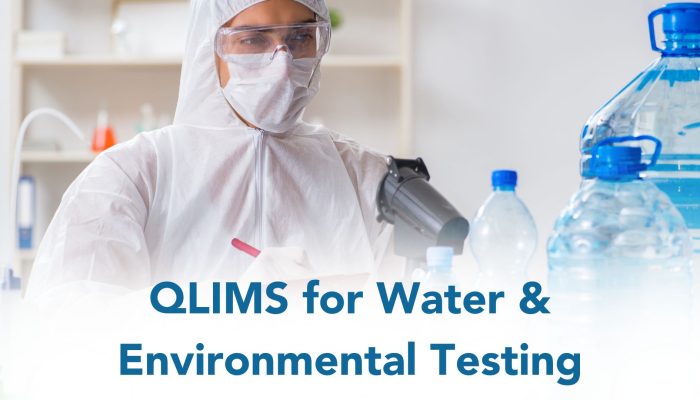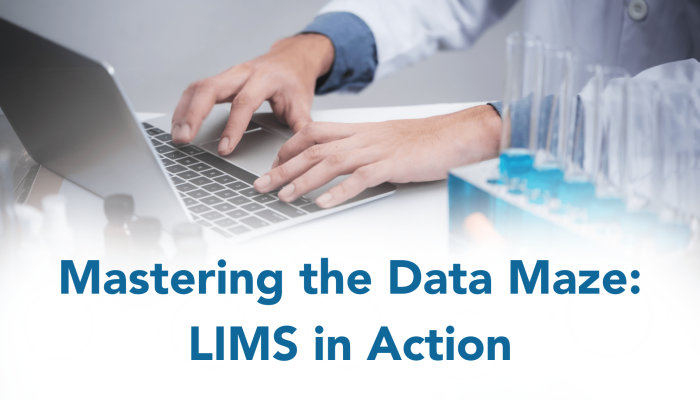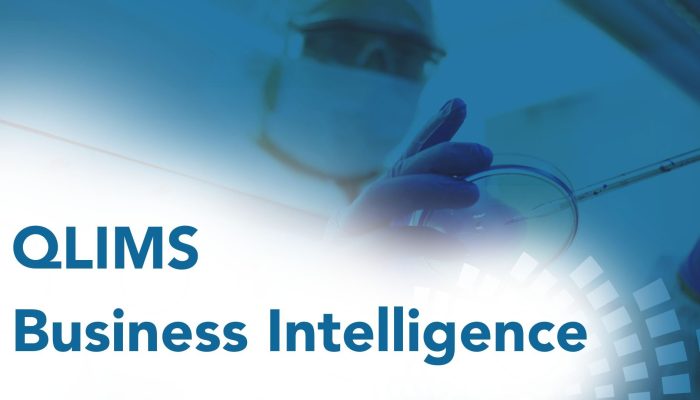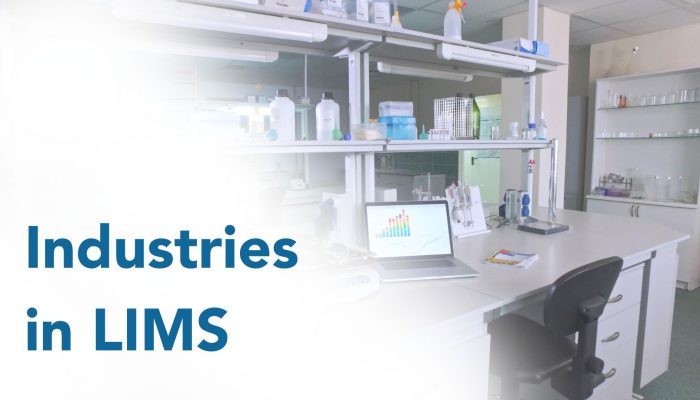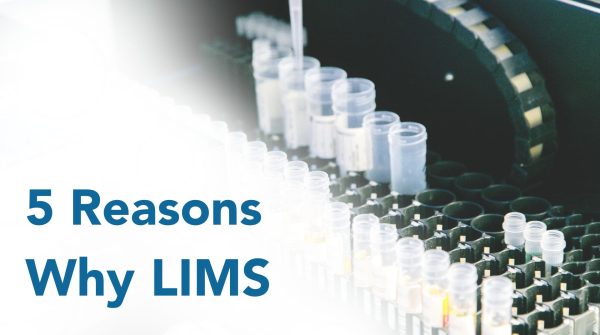Laboratory Information Management Systems (LIMS) are transforming multiple industries, not just one. In this blog post, we’ll explore the various industries where LIMS is playing a crucial role by revolutionising processes and ensuring compliance with strict standards. To reach Industries in LIMS Part 1 click here.
Before delving into the examination of industries, let’s not forget that there are many new and upcoming industries, as well as emerging scientific technologies, that can be explored and supported by LIMS.
In the rapidly growing field of Medical Cannabis, precision and compliance are crucial. LIMS facilitates the tracking and testing of cannabis products, ensuring compliance with ever-changing regulations.
QLIMS streamlines processes, from seed to sale, providing a comprehensive quality control, inventory management, and regulatory reporting solution. Manage every aspect of cannabis testing, including potency, microbial contaminants, heavy metals, aflatoxin, residual solvents, and pesticides. Our system supports full ISO/IEC 17025 and ISO 9001:2015 compliance, GLP (Good Laboratory Practice), and 21 CFR part 11, ensuring that your cannabis laboratory can be relied upon for accurate information.
Forensic laboratories rely on LIMS to streamline their case management, evidence tracking, and analysis processes. LIMS is a secure and centralised platform that allows forensic data to be managed efficiently, ensuring the integrity and traceability of evidence. From the crime scene to the courtroom, LIMS is essential in maintaining the highest standards of accuracy and accountability.
With QLIMS, cases, samples, and testing can be handled efficiently, ensuring data integrity. A secure chain of custody, audit trail, and granular role-based permissions ensure that only authorised users can perform necessary tasks. Managing a complicated variety of data types, such as DNA, chemical testing, and ballistics has never been easier.
In the realm of Clinical Laboratories, LIMS is instrumental in managing patient samples, maintaining accurate records, and ensuring compliance with healthcare regulations. QLIMS streamlines processes, reducing turnaround times, and improving patient care. Its configurable nature allows clinical labs to tailor workflows to specific testing requirements.
With QLIMS, you can perform complex analyses easily and intuitively, and then create visually impressive patient reports. Whether it be NGS, QPCR, Micro-Array, Pathology, or nutrition and amino acid panels, all can be handled by QLIMS. Communication via HL7 means QLIMS supports your lab end-to-end.
Metals and Mining laboratories rely on LIMS for precise analysis of ore samples, ensuring quality control throughout the extraction and processing phases. QLIMS provides a comprehensive solution for managing sample data, tracking analysis results, and ensuring compliance with industry standards. It plays a crucial role in optimising operational efficiency and maintaining high-quality standards in the extraction industry.
QLIMS provides real-time feedback on sample deviations, reduces paper and automates processes to increase efficiencies and enable faster and better-informed decision-making. Integrating with instruments and laboratory and business systems, including PIMS, MES and ERP solutions. It also enables remote and onsite laboratory managers to track, monitor, analyse and report critical events and actions in real-time.
In Agriculture, LIMS is a valuable tool for quality control in soil testing, seed analysis, and crop research. QLIMS supports the agriculture industry by providing a structured framework for data management, ensuring traceability from field to market. It aids in making informed decisions for crop improvement, pest control, and overall agricultural productivity.
With QLIMS, you can explore the potential and assistance available to drive innovation across multiple fields. Contact us now to discover how QLIMS can revolutionize your laboratory experience. Your success is just a click away!
